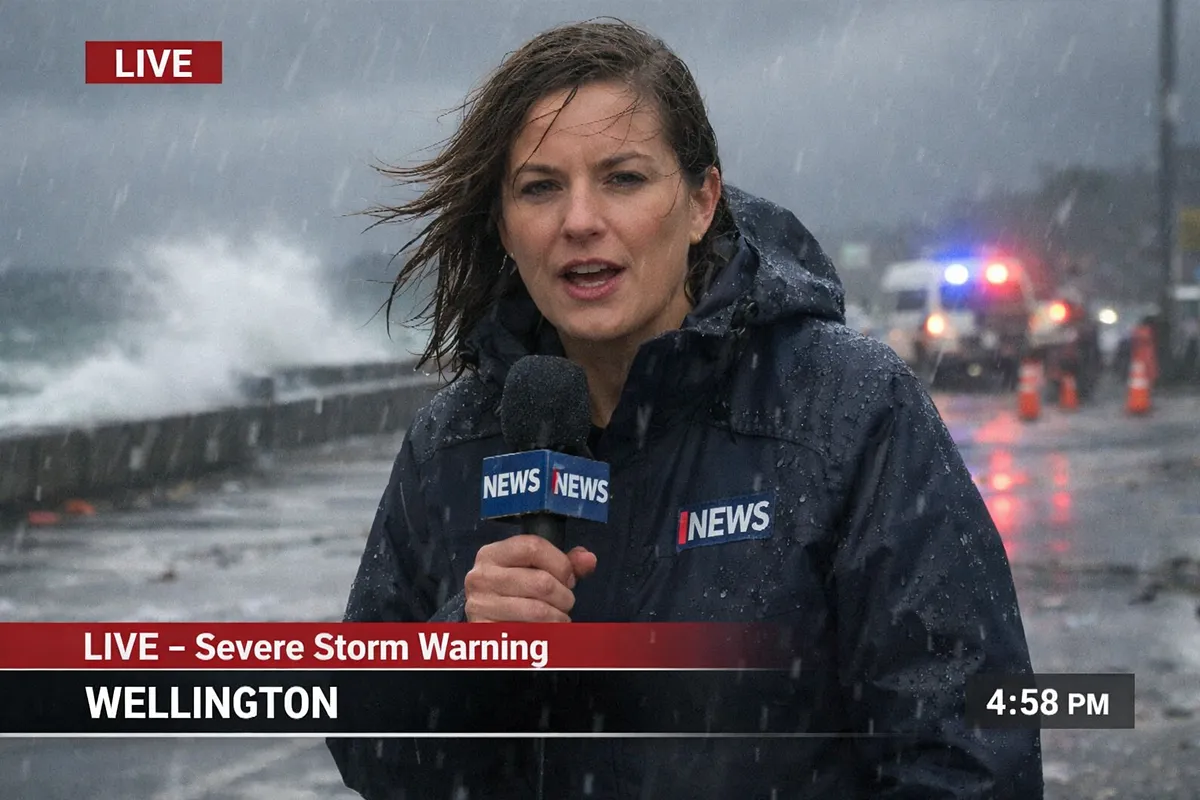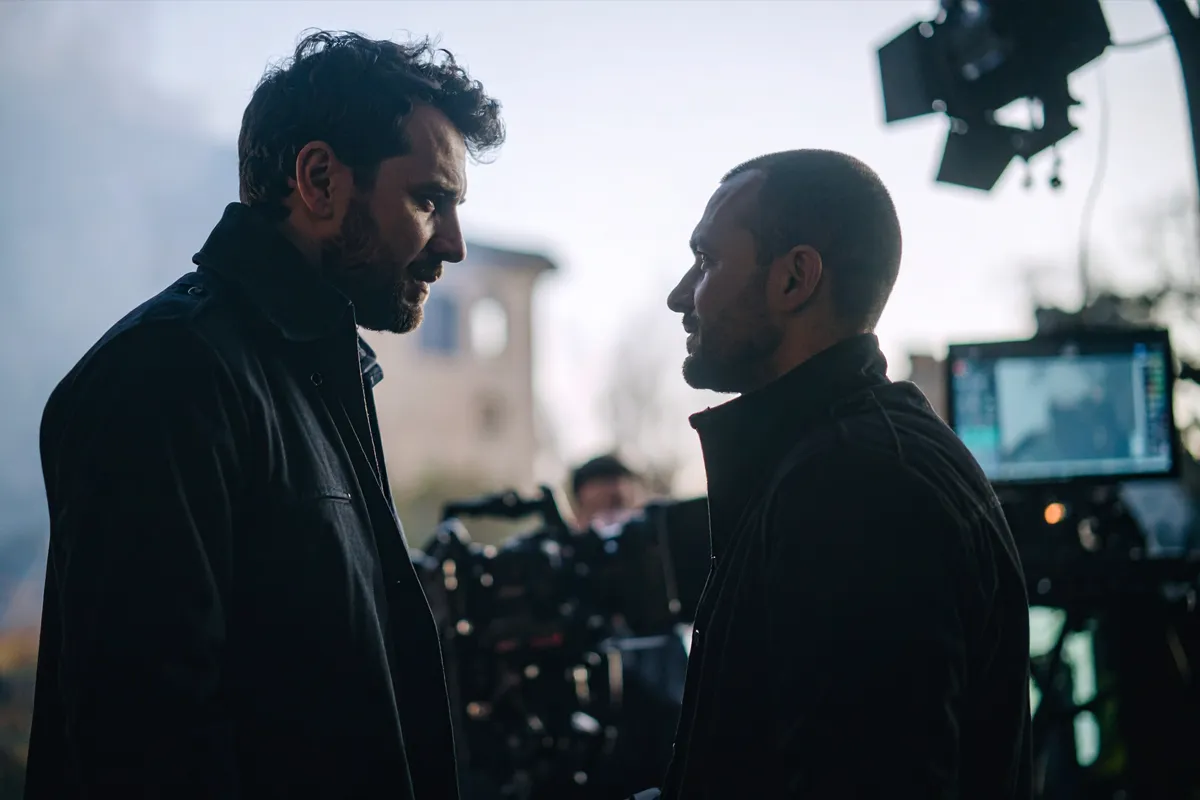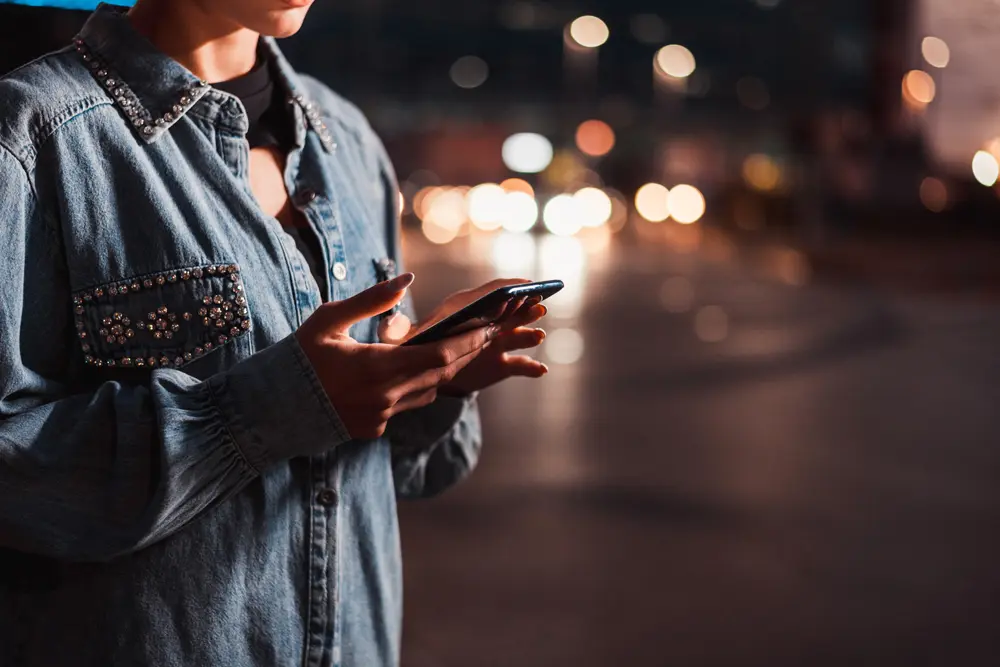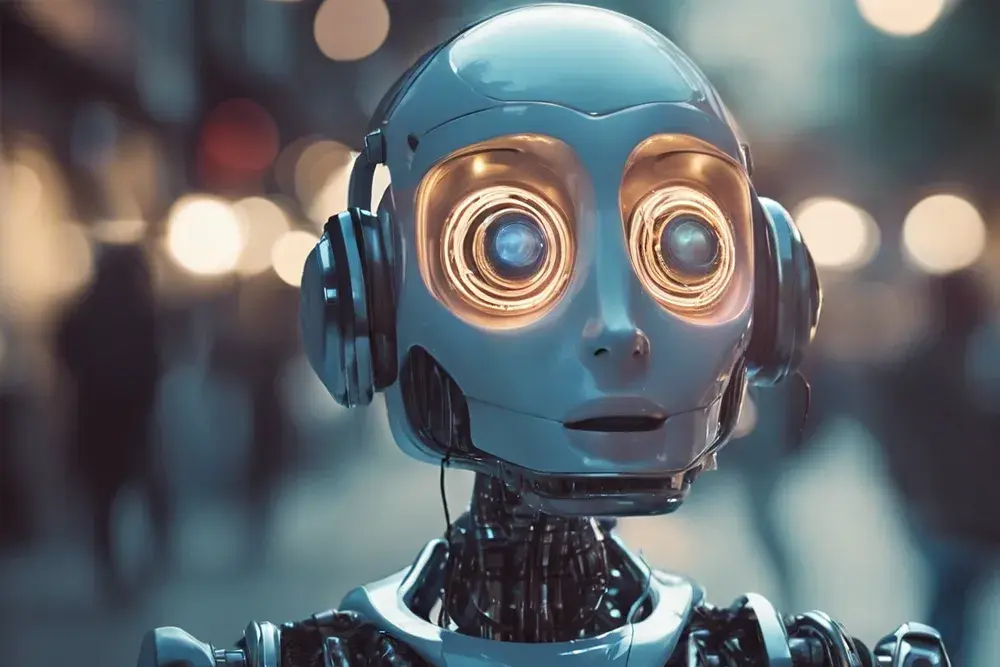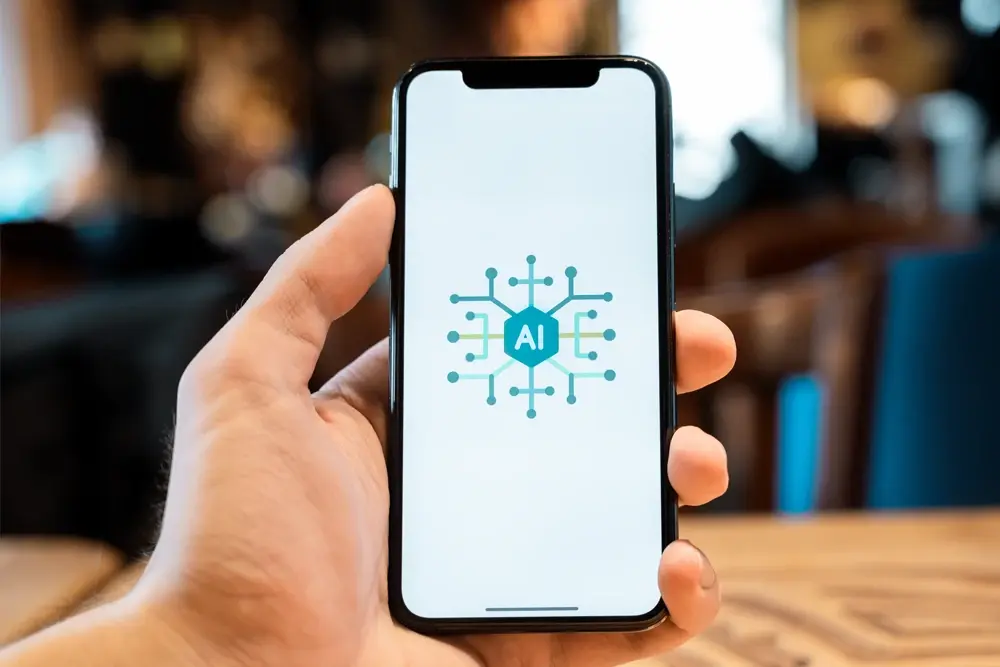Today, Social media is becoming flooded with AI
What’s coming next isn’t just another wave – it’s a tsunami. AI-generated content is about to flood every corner of social media, and we’re not ready. Not the platforms, not the users, and certainly not the truth.
Podcast
This audio discusses the growing concern over the increase of AI-generated content on social media platforms
Created by Google NotebookLM
Social Media built the perfect playground. Now the robots want in
For years, we built our online lives around likes, follows, and shareable moments. We posted birthdays, opinions, sunsets, and bad latte art. It felt human. Now, AI is stepping in – not just as a tool, but as a participant. And it doesn’t need sleep, a coffee break, or even an identity.
Some say it’s helpful. Others say it’s terrifying. Either way, the line between human and machine just blurred – and nobody drew a backup plan.
MORE READING
Think of every video, image, and tweet you've seen lately
Are you sure a human made it?
Text generators write your hot takes faster than you can type “just saying.” AI voiceovers narrate videos with zero emotion but perfect SEO. Deepfakes smile for the camera while real people are left shouting into the void.
And now, the tools are free. Easy to use. Available to anyone with a phone. That’s not innovation – that’s fuel on the fire.
Social media used to be messy but honest
Now, it’s about to become convincingly fake. Every post you see could be AI-made. Every comment thread? Populated by bots trained to sound like Karen from your local neighbourhood group. That funny meme? That viral dance? AI can make it better, faster, and with zero shame.
But when everything looks authentic, how do you know what’s real? You don’t!
We used to scroll to unwind. Soon, we’ll be scrolling through artificial images, lives and opinions - and we might not even notice or care
The business of fake influence
Behind the scenes, brands are quietly experimenting with AI influencers, virtual personalities that never age, complain, or cause scandal. And guess what? They’re outperforming real people. They never miss a post. Never get tired. Never need a break.
But here’s the catch: if you can manufacture popularity, you can manipulate opinion. Politics, public health, product reviews – all fair game. All optimised for engagement. But at what cost?
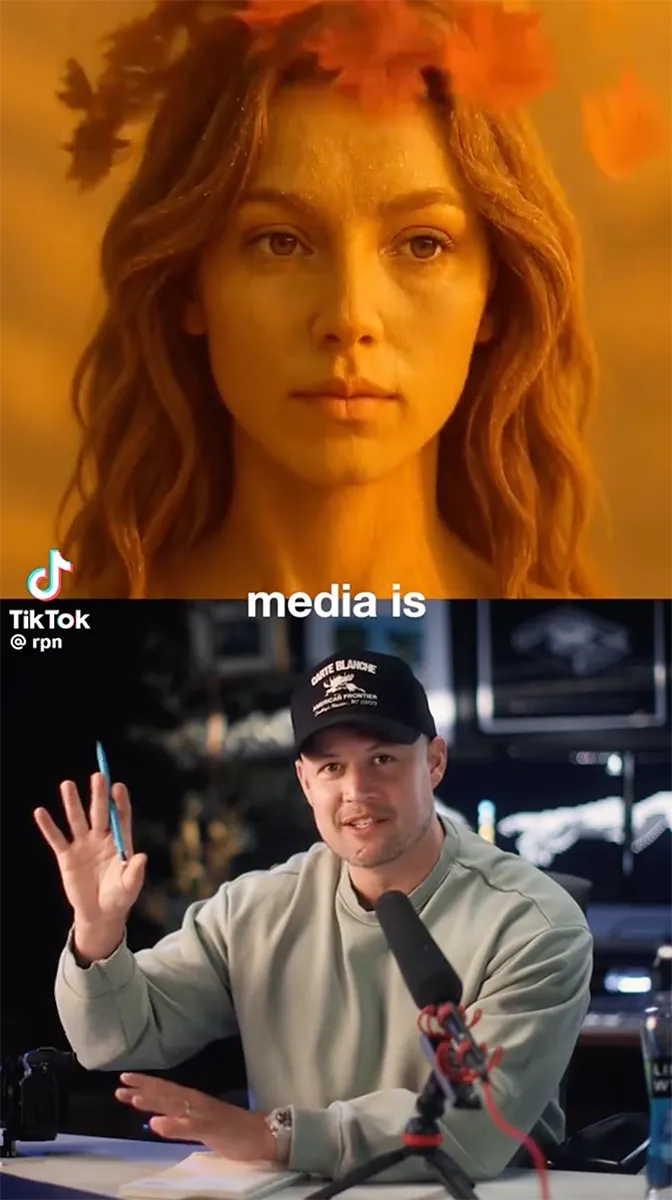
Can the Social Media platforms keep up?
The short answer? No. Do they want to? probably not!
More videos equals more watch time which of course equals more revenue, so Social Media is not really too worried about it. But are the viewers?
Social media giants are could be scrambling to build detection tools. But AI is learning faster than they can react. It’s the old spam problem, multiplied by a billion, and wearing a human face.
Verification used to mean a blue tick. Now it might need to mean biometric proof. But would you hand over your DNA just to post a selfie?
My prediction. Something has to break
Here’s my take, and it’s not a wild one.
Within two years, social media platforms will face a brutal choice:
Ban AI-generated content or become obsolete.
That’s the scale of what’s coming. If the platforms can’t protect authenticity – or even define it – users will stop trusting anything they see. And when trust dies, the whole model crumbles. Engagement doesn’t mean much when no one believes the content anymore.
Don’t be surprised if we start seeing “human-only” networks emerge. Or a return to closed groups and real-world identity verification. Ironically, we may crave the chaos of early internet forums again, just to feel something real.



